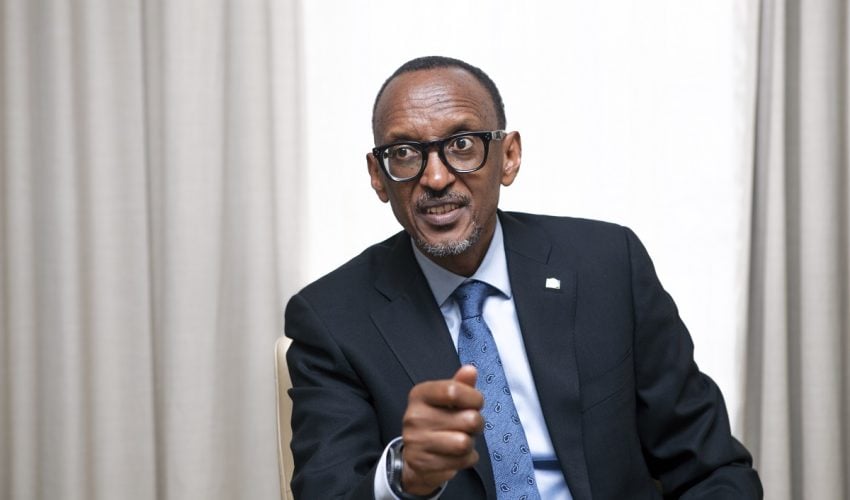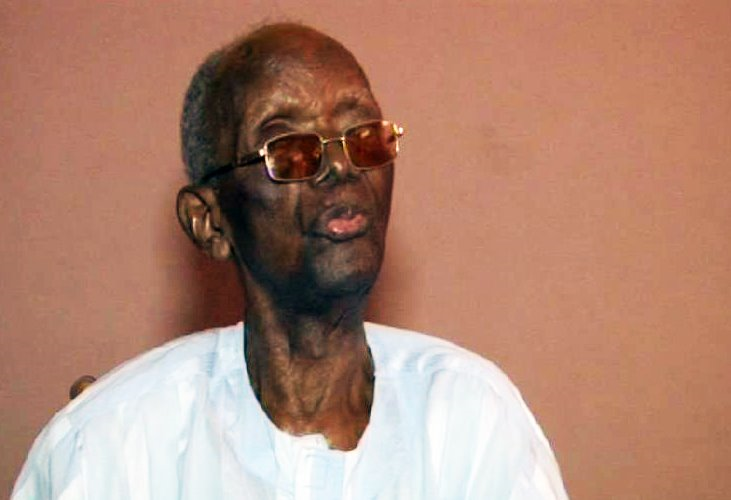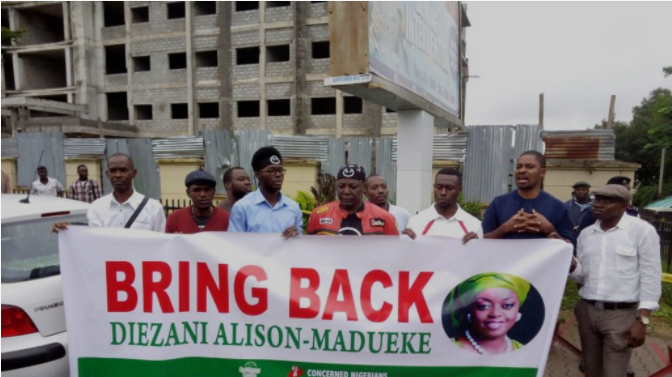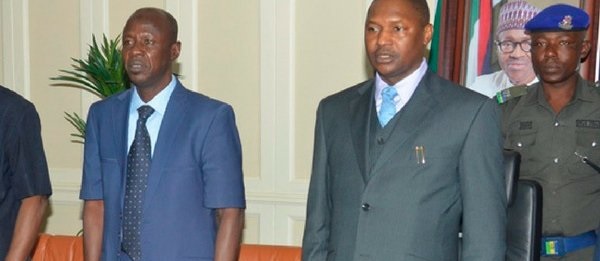Year 2009 was the most challenging year of my adult life. In June 2009, I was admitted at the University College Hospital (UCH). It was that time of the year when we were writing mid-semester tests at the University of Ibadan, where I was a student. I missed all my mid-semester tests, and soon began to miss my general studies examinations which preceded the main exams.
By this time, I had spent over three weeks in the hospital, and was recuperating just fine. I did not want to burden people with my own challenges, so I requested for a transistor radio which became my companion through the last days of my admission at UCH.
On the day my main exams were to start, I woke up quite early to listen to the news via the radio and encourage myself that I was going to be back on my feet very soon. I had written a letter to the university authorities seeking to defer that particular exam. So I told myself that I would be back and stronger.
That morning, the Academic Staff Union of Universities (ASUU) had the best news for me. The union embarked on a “total and indefinite strike”. The exams could not hold, the school was shut down, and students eventually went home.
Advertisement
One week rolled into two, two rolled into a month, months rolled into a quarter of a year, and we eventually were home for four months! Four good months! ASUU saved me from losing a year based on medical reason — even though I eventually lost a year to the 2009, 2013 ASUU strikes. After months of sitting at home, I thought we had to solve these problems, the problems which birth strikes, year-in year-out. So I dived in.
THE GENESIS OF ASUU STRIKES
In 2011, I ran an indepth research into the entirety of the union: how it came to be, what it stood for, what has changed and what ASUU is poised to become. Then, I understood why these strikes will continue till…
Unionism with respect to our lecturers started softly in 1965 when the Nigerian Association of University Teachers (NAUT) was founded to defend the rights of university teachers, as they were addressed at the time. Then there was really nothing to defend as the conditions of these teachers were too close to perfect, the pay was enviable, the profession had dignity, the country was peaceful, the people were passionate about what was true and worthy. It was even reported that only the chief justice of the federation was more paid than a university Professor. This Association was then seen as the most passive union in the country.
Advertisement
This association was succeeded by a full fledge, present day union in 1978 which is the Academic Staff Union of Universities, the goals were almost same as the former but the body was now different as this new one now had all to fight for. The economy of the Nation was at the beginning of it sorry years, as the oil boom was rearing its ugly head. The road became too long, the economy came crumbling, the job lost its dignity, the joys of past times soon became a mirage, and the enviable salaries were soon dwarfed to peanuts by the disaster that befell the economy.
ASUU’s DAYS WITH GENERAL MUHAMMADU BUHARI
In 1984, just after General Muhammadu Buhari took power in military fashion, ASUU issued a publication “how to save Nigeria”. In this publication, the union diagnosed the problems of the nation and proffered workable solutions for the head of state, who was considered a very strict disciplinarian. But the general and his men swept the plan under the carpet.
Since ASUU saw that saving the nation was too much a task since the upper room of the nation was not cooperating, ASUU decided to save the educational system which is capable of saving the Nation. They fought all sorts of battle, they rose against the Buhari-Idiagbon’s government which wanted to remove accommodation subsidy and terminate the Cafeteria system across Nigerian universities. History teaches that ASUU lost that battle in part.
When Buhari was kicked out of power, ASUU maintained its call for a better Nigeria, mounting pressure on Ibrahim Badamosi Babangida. They joined forces with Nigeria Labour Congress (NLC), and National Association of Nigerian Students (NANS) in 1986 to oppose the murder of some Ahmadu Bello University students by mobile police.
Advertisement
The Union also fought hard to the extent that Attahiru Jega, former INEC chairman and Festus Iyayi (God rest his soul) who were once presidents of ASUU were detained and tortured. The International passports of officials of ASUU were seized and they were grossly maltreated.
Today, ASUU is faced with an old enemy, in a different regalia; Muhammadu Buhari. Today, the union cannot discuss “how to save Nigeria”. Things have gone too far; new deals have been made, and new demands rest on the table.
…PRESIDENT BUHARI AND THE NEXT ASUU STRIKE
On the 30th day of June 2001, the federal government and ASUU signed an agreement that granted the Universities autonomy to appoint their own vice chancellors, recruit and sack staff, get 109% salary increase and other favourable academic conditions. In this agreement, a clause was included that the agreement would be reviewed every 3 years.
It was due for review on July 1, 2004, but Obasanjo managed a delay till October 12, 2006. The dialogue continued in 2009, but no conclusions till both parties fell out.
Advertisement
In 2009, an FGN-ASUU pact was signed, which awarded 40 percent salary increase, a hike in budgetary allocation for education and extension of retirement age for those in the professorial cadre to 70 years, among other demands.
In fairness to the president, he was just another citizen when the federal government signed this deals with ASUU, but he sadly has to make it happen or renogotiate. History does not have a good picture of Buhari and ASUU at a negotiation table, and here is the president’s chance to show the world he is trully a reformed democrat.
Advertisement
Considering what we have seen in nearly four decades, we believe there will always be another ASUU strike. But wait a minute, what if President Buhari rewrites history, and becomes the Nigerian president who put an end to all academic industrial action via legitimate negotiations and not military might.
Mr President, here is another opportunity to make a difference. Take it!
Advertisement







